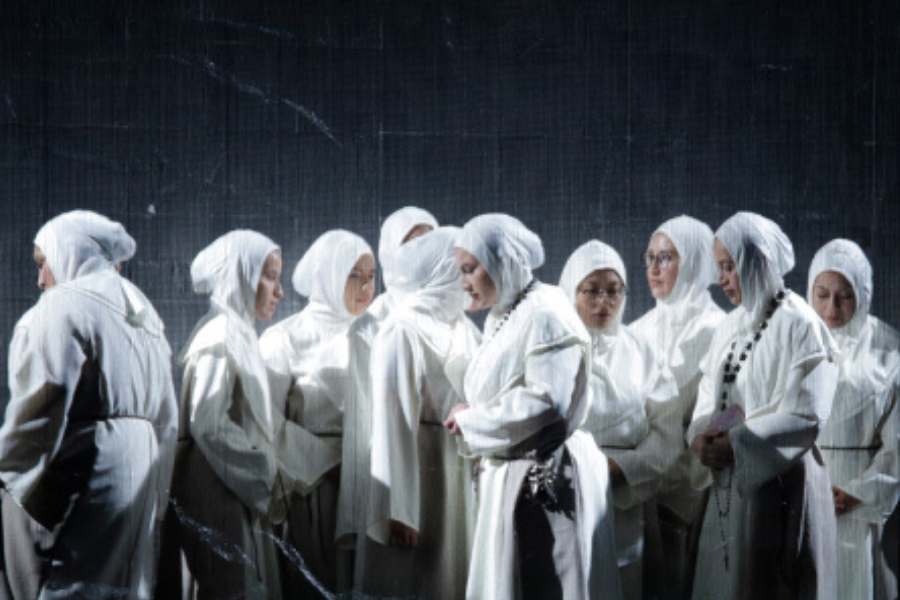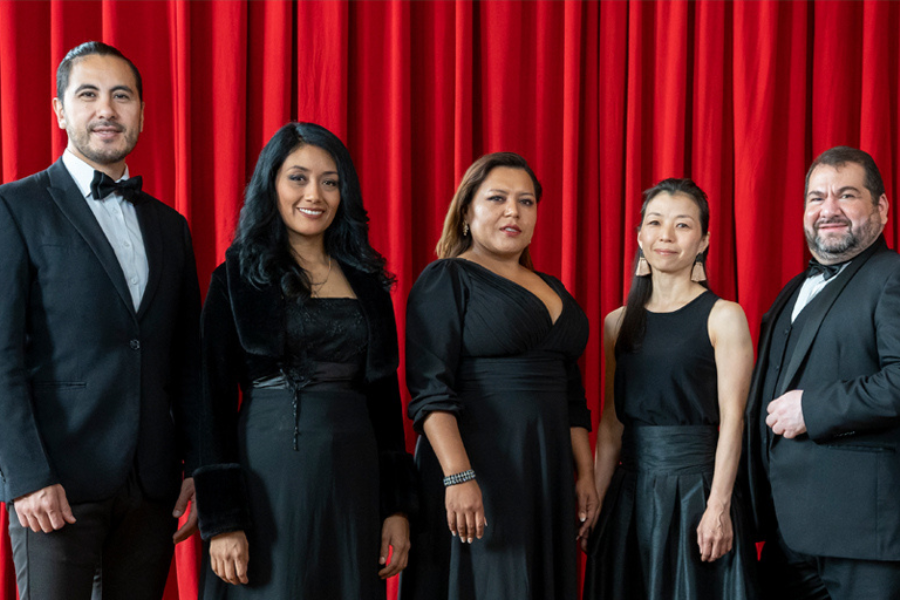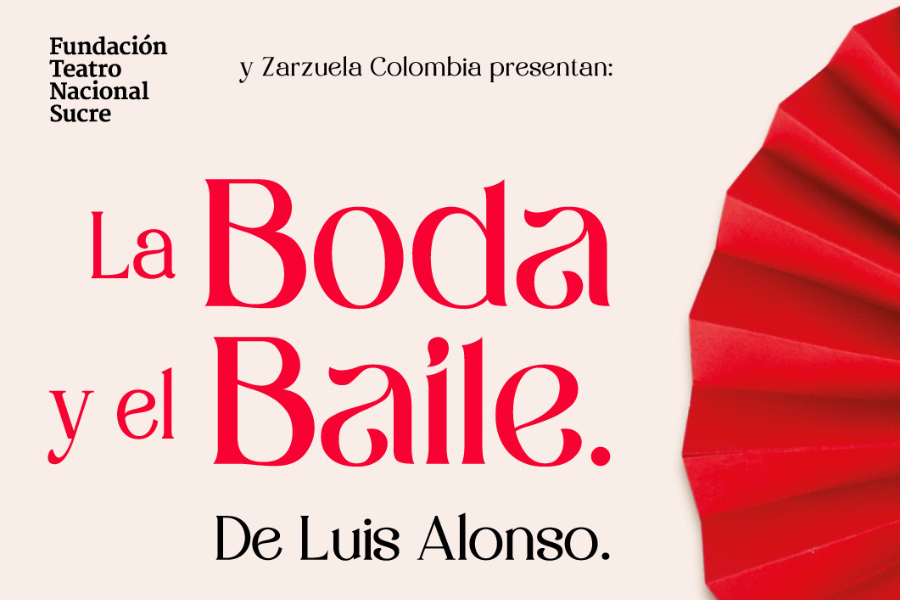La primera ópera mariachi basada en la migración estrena en Ecuador

Cruzar la Cara de la Luna se presentó estos días en el Teatro Nacional Sucre de Quito, la primera sede suramericana que acoge este éxito internacional, y próximamente estrenará en Estados Unidos y México
Después de su primera escenificación en 2010 en Houston, de sus presentaciones en San Diego, París, Chicago y Nueva York, la primera ópera mariachi continúa su gira.
El espectáculo cuenta la historia de una familia de inmigrantes dividida por la frontera de Estados Unidos y México. Cruzar la cara de la Luna se presentó este fin de semana en el Teatro Nacional Sucre de Quito, Ecuador, la primera sede sudamericana que acoge este éxito internacional. La producción regresará a Estados Unidos con una función especial en Texas, y en diciembre visitará México por primera vez.
La singular pieza explora, a través de la música mexicana, el fenómeno del desplazamiento y la migración. Mediante una actuación nostálgica, pese al vivo tono de las trompetas, la obra invita al espectador a preguntarse cuál es el verdadero hogar de los inmigrantes, los sentimientos y la tristeza de las familias que se separan en busca de un futuro mejor y sustentable.
Mariachis y una docena de bailarines y cantantes, entre los que figuran tres artistas del montaje original, dan vida a esta cruda historia, la realidad de muchas familias que migran con la idea de salir de la pobreza y mejorar la calidad de vida, sin saber que su futuro en realidad puede ser incierto.
Inspirado en la historia de su padre, un italiano que salió de su país hacia Estados Unidos, Foglia creó la trama de «Cruzar la Cara de la Luna» con una escenografía inicial en la que un hombre agoniza mientras recuerda la muerte de su esposa al intentar cruzar la frontera que une a México con el país norteamericano.
Para Foglia, el abordaje del fenómeno debe considerar a los inmigrantes como individuos, no estadísticas. “En esta ocasión trato de contar la situación desde una familia para dar un trato particular a la inmigración”, dijo. Y señaló que «la diferencia entre EE.UU. y Latinoamérica es que en EE.UU. todos son inmigrantes y tienes que ver desde cuántas generaciones atrás lo son».
En su presentación ecuatoriana la obra contó con la intervención de la Escuela Lírica, el Coro Mixto Ciudad de Quito y la participación del mariachi Sol de Plata. La dirección musical bajo la batuta de Chía Patiño, la escénica de Foglia, y el diseño de vestuario es de César Galindo.





